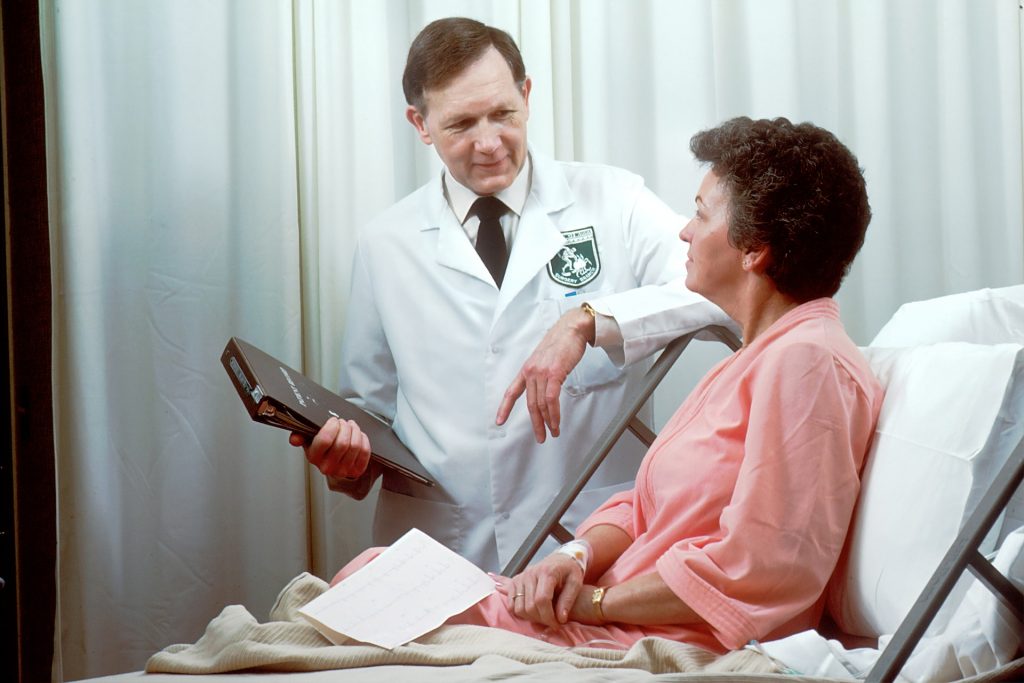Dealing with doctors can often be a stressful and anxiety-inducing experience. Especially for those with chronic conditions or who often have to go in for check-ups as a result of their lifestyle choices. You may not be able to avoid doctor’s visits entirely, but if you know some simple tricks and tips, you’ll at least be more prepared and less likely to suffer from needless anxiety when your appointment rolls around. Here are five tips from Partida Corona Medical Center that can help ease your mind the next time you’re scheduled for an appointment.
- Be on time for your appointment.
This is the number one most important piece of advice you can use. Not only does arriving early help you avoid waiting around, but your doctor will also be able to see that you’re serious about your health and follow through with the instructions he or she is giving you. Avoiding multitasking in the waiting room and bringing a book or some other form of entertainment to keep yourself occupied is a great way to keep on track. In addition, being early also ensures that your doctor will be able to get everything done before he or she leaves. As most patients know, a lot of doctors have a strict schedule they need to adhere to, and staying late is not ideal. If you’re early, you can be sure he or she will be able to get enough time with you before the end of the day. And that means your appointment should run more smoothly.
- Be open with your doctor about your personal problems.
While it’s easy for patients to lie when their doctors ask them how they are feeling and what’s going on in their life, it’s much better for your health if you try to stay as honest as possible. If you’re dealing with a lot of stress from work or your personal life, it can have an adverse effect on your overall health. If you let your doctor know this, he or she will be able to advise you on how to deal with it in a way that’s healthy and doesn’t take away from your medical care.
- Share your family health history.
This might seem like a pretty obvious tip, but doctors will want to know if you or anyone in your immediate family has ever had certain conditions or disorders. Knowing this information allows them to better understand your medical history and the way your body functions. If you don’t know if this information is available, asking around to see what your parents, grandparents, and other relatives have undergone can help make the process easier. In fact, this will even help your doctor identify possible risks and complications.
- Don’t shy away from asking questions about your conditions.
It goes without saying, but this is not for the faint of heart. Some doctors will tell you that you should never bring up any issues with your health, even if you feel it’s necessary. If you have any doubts about something in the past or have had an issue in the past, it’s best to get those things out on the table for a more informed conversation before raising it with your doctor. If you don’t like what he or she has to say when discussing them, at least having the conversation is a step in the right direction and can help put your mind at ease.
- Be honest with your provider.
Being honest with your provider is always the best policy, even if you think he or she won’t like what you have to say. That’s why it’s important to remember that doctors are there to help, not judge. The more information you give him or her, the better he or she will be able to come up with solutions and strategies to ensure your health continues to improve. In addition, being honest with your doctor is a big part of building a strong relationship with him or her to better understand your needs and wants.
Finally, remember that dealing with doctors does not have to be difficult. Despite everything you might hear about appointments, and even though anxiety is a normal part of human nature, making sure you are as prepared as possible when you visit your doctor can go a long way in ensuring that your health remains sound. So always try to be on time, stay as open and honest with your doctor as you can and always ask any questions that might have arisen during your appointment. This way, you can make sure your next doctor’s appointment is both successful and a little less stressful.

